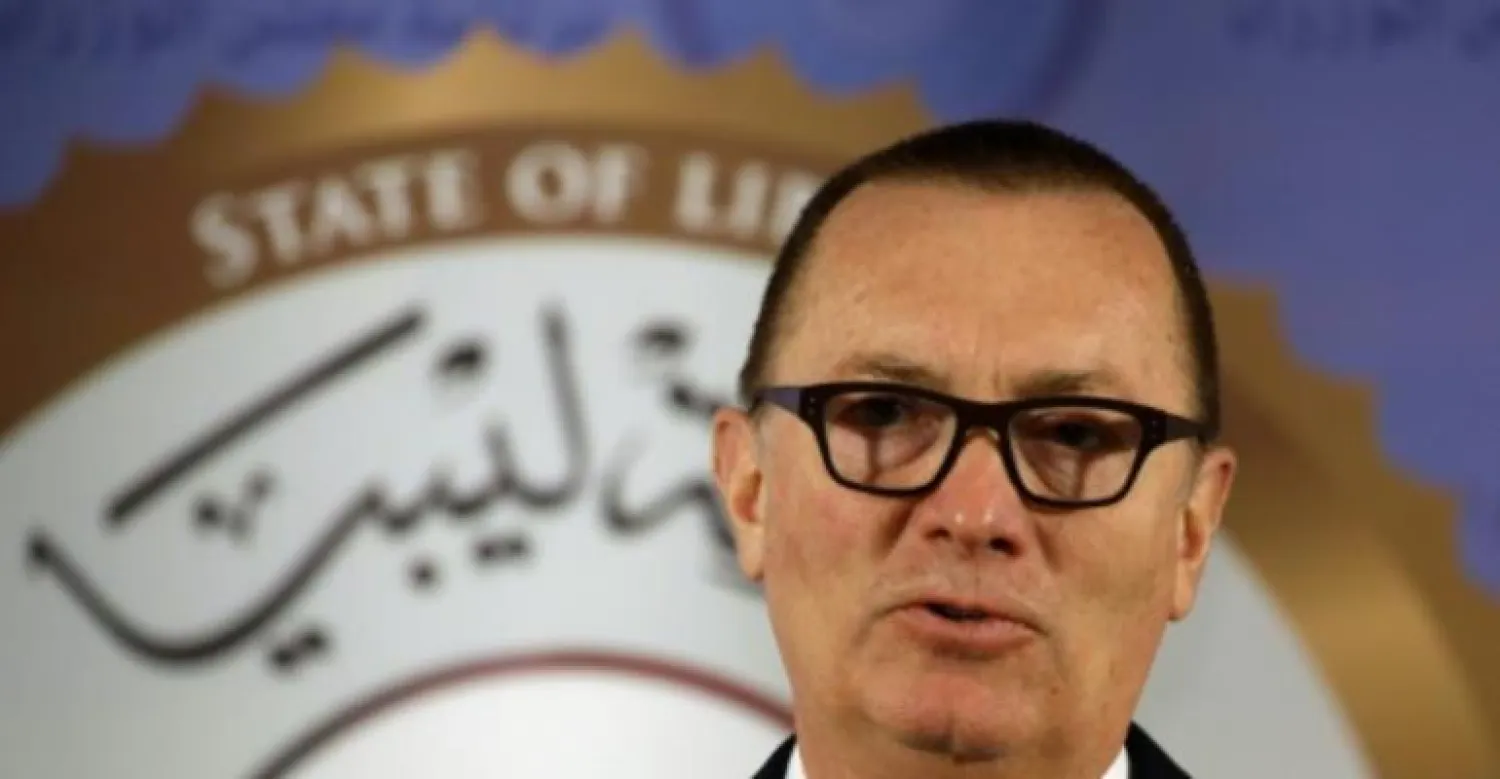The United Nations is committed to supporting the Libyans as they work toward a referendum on the constitution, holding elections and local and national reconciliation, said UN Under-Secretary-General for Political Affairs Jeffrey Feltman.
During a news conference held in Tripoli on Wednesday, following a meeting with Libyan Prime Minister of the Government of National Accord (GNA) Fayez al-Sarraj, Feltman conveyed UN Secretary-General Antonio Guterres’ support to implementing the action-plan unveiled last year by Ghassan Salame, the head of the UN Support Mission in Libya.
The action-plan is seen as the only way to end chaos in Libya.
Feltman said: “We always encourage the election option. There are strong indications expressed by Libyan parties and leaders to hold elections, as the only way to comprehensive stability.”
The diplomat lauded the great interaction in the voter registration process, which demonstrates commitment of a large segment of Libyans to the elections next year.
“The United Nations supports the roadmap in Libya and will provide unlimited technical support for the democratic process next year,” he noted.
According to a statement issued by Sarraj’s office, the PM demanded international institutions and organizations to assist the national accord government in meeting the requirements of the next stage.
“The United Nations urges all Libyan actors to engage in earnest in an inclusive political process leading to credible and fair elections. There is a window of opportunity to end the transition period successfully, under the facilitation of the United Nations, and to focus efforts on building unified and effective state institutions,” stated Feltman.
Further, President of High National Election Commission (HNEC) Imad al-Saeh expected the coming elections to witness unprecedented competition among rivals, especially with the appearance of “new players”.
Saeh set a condition for the commission to oversee the electoral process, saying political parties should agree upon holding the elections and pledge to accept results. He also downplayed possible security risks near polling stations.









